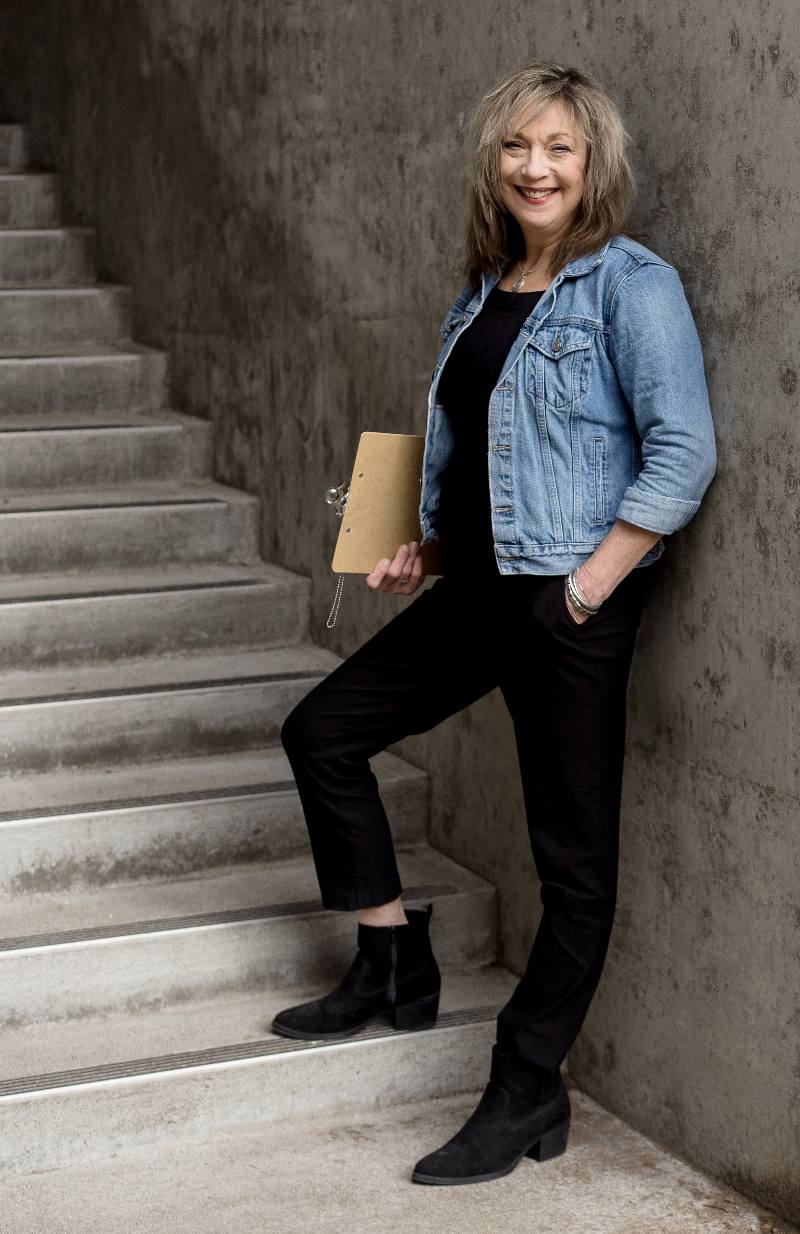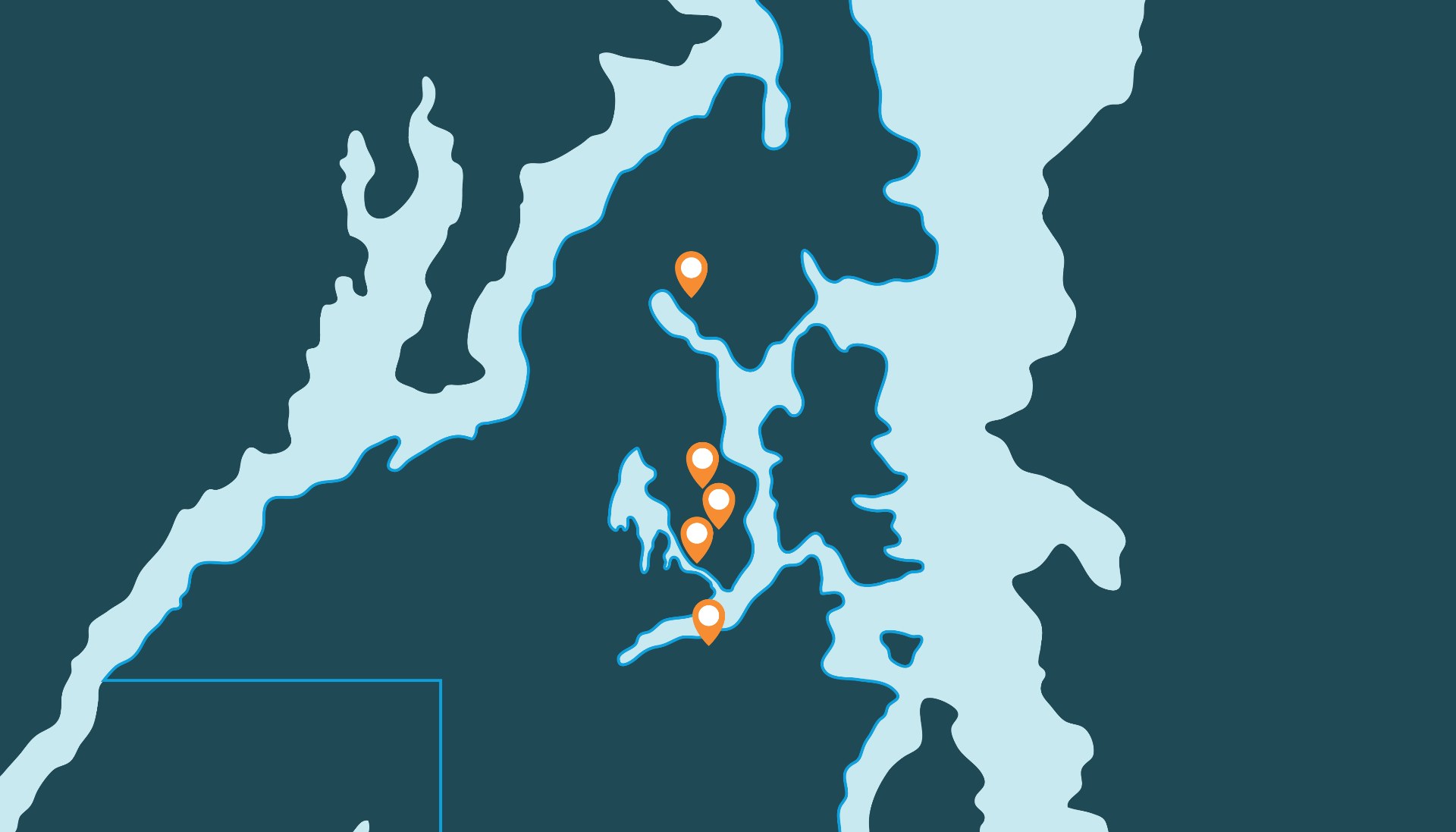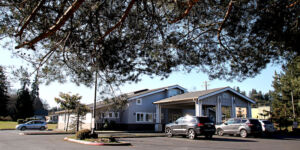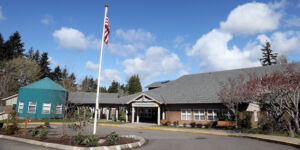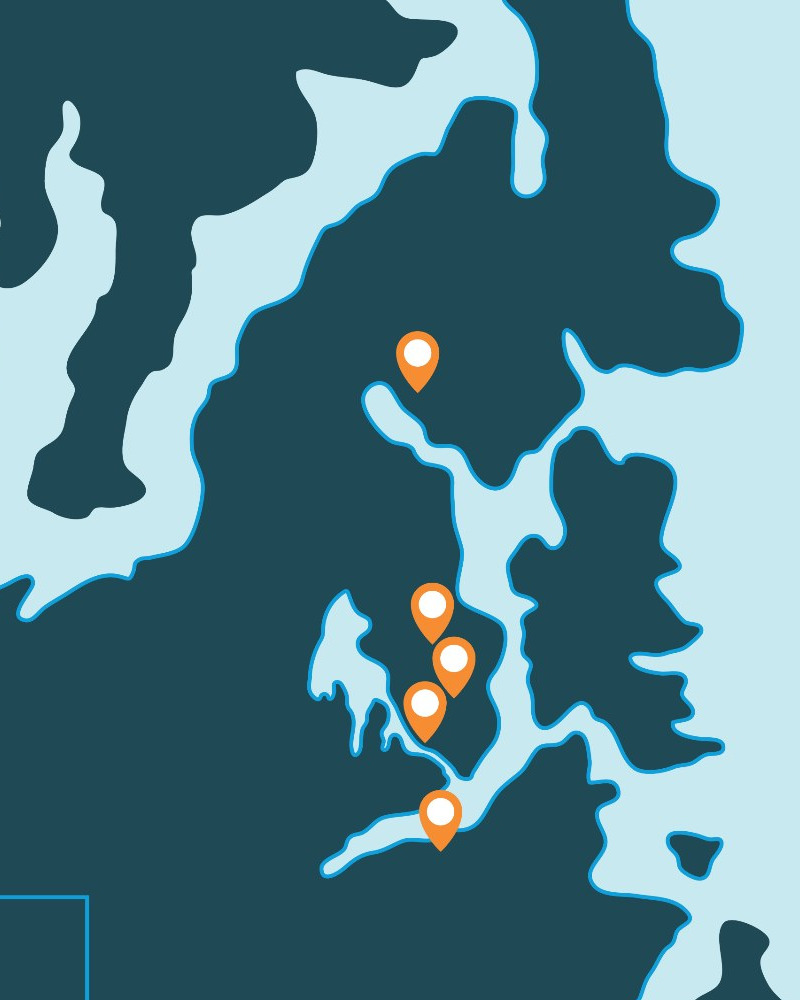Youth Inpatient Services
For youth experiencing serious emotional and acute behavioral disturbances, inpatient evaluation and treatment may be the best setting for recovery. Our Youth Inpatient Team provides collaborative, family-centered care that’s designed to help youth and their families build skills that allow them to thrive when they return home to their communities. With 10 beds for children and adolescents ages 12-17, the Youth Inpatient Unit serves clients with a wide variety of clinical symptoms.
Admission can be on a voluntary or involuntary basis, depending on the needs of the client and family, and the youth’s individual presentation. If you or someone you care about may be in need of inpatient evaluation and treatment services, call the Volunteers of America Crisis Call Line at 1-888-910-0416 where professional staff are available 24/7 to offer assistance. They will ensure that the help offered is appropriate for the situation. Depending on the level of need, this may include dispatching the KMHS Mobile Crisis Outreach Team for emergency assessment. Following assessment, clients may be referred to inpatient care for involuntary or voluntary detention in our evaluation and treatment center or other psychiatric facility or substance use treatment facility. Our goal is to provide care in the least restrictive environment that supports clients in their recovery.
Visiting Hours
- 3 – 5 pm and 7:30 – 9:30 pm Mondays and Wednesdays
- 9 – 11 am Saturdays
- 1 – 5 pm Sundays
- Holidays – Visiting hours listed above will be available on most holidays.
Procedures
All visits must be approved by the Child Mental Health Specialist and scheduled in advance. Click on the tab below for details.
Half of all mental health disorders show first signs before a person turns 14 years old, and three quarters of mental health disorders begin before age 24.

